The Most Common Poker Cheating Methods and How to Stay Safe

Understanding Poker Cheating: What Every Player Needs to Know
Poker often sparks strong opinions among non-players—some think it’s a haven for scammers, while others see it as a game of pure honor. The reality rests somewhere between these extremes. True, cheating is not rampant in most everyday games, but where significant money is at stake, opportunists may try to bend or break the rules. Familiarizing yourself with the most frequent cheating tactics is the first step to guarding your bankroll and enjoying fair play.
Cheating Methods in Live Poker Games

In-person poker is generally safer when played in regulated environments like casinos or licensed card rooms. Private home games, however, can present more risk. While most players may simply be looking for fun and profit, a minority will go to illegal lengths to increase their odds of winning. Here’s what live players should watch out for at the tables:
Collusion in Poker Tournaments
Collusion is one of the most dangerous tricks in the poker world, especially in tournament play. This involves two or more players secretly working together to maximize their combined winnings—often by signaling each other or intentionally losing chips to their partner. Colluders might make strange folds or refuse to eliminate each other, unfairly improving each other’s chances.
Detecting and proving collusion can be tough since odd play doesn’t always break explicit rules. However, if you frequently see the same people protecting each other or making unorthodox plays, stay on alert. If you suspect collusion, inform the floor staff and avoid playing big pots against the suspected team.
Secret Card Signaling
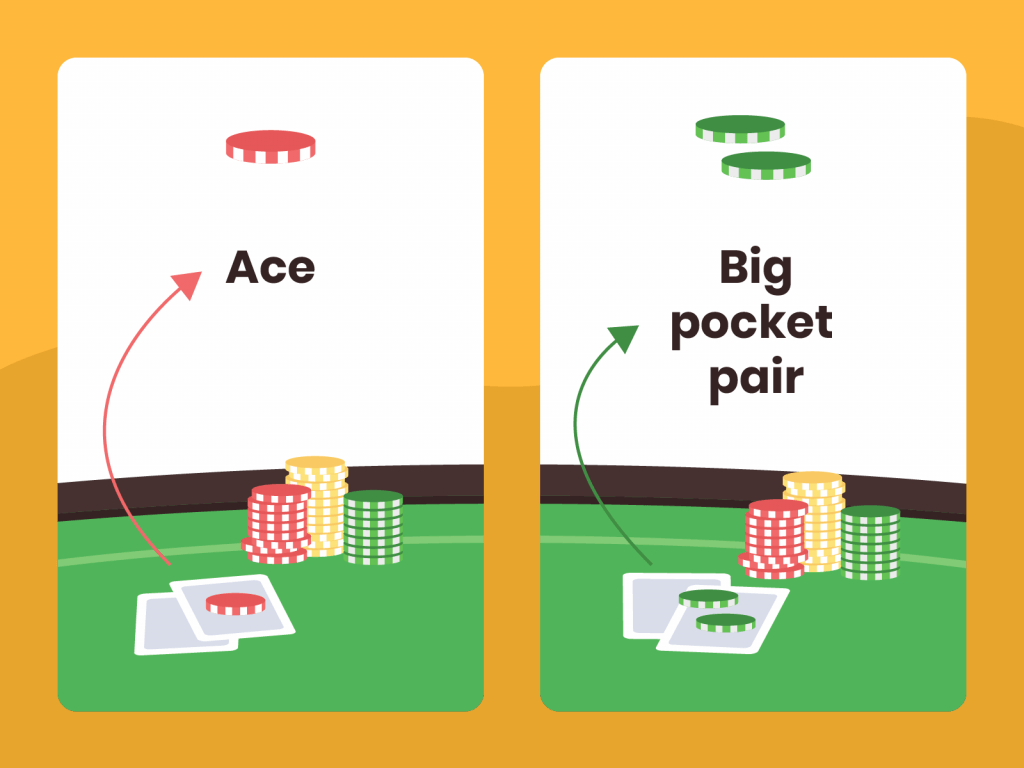
Some cheating duos communicate their hands covertly—using prearranged chip placements, card positioning, or gestures to tip off a partner about their holding. For instance, holding an Ace may be indicated by one red chip on the cards; a pair of green chips might signal a premium pocket pair. These codes can be complex and subtle, making detection a challenge. Confrontation rarely yields immediate results, but vigilance and reporting suspicious behavior are key.
Marked Cards
Using tactile or visual markings to identify cards is a timeworn scam, yet it still occurs, particularly in private games. Cheaters may use invisible ink, subtle scratches, or tiny dents on key cards—giving them an unfair advantage. Professional environments like casinos usually take such allegations seriously and will swap out a deck if a player complains. In informal settings, if you notice a pattern of improbable calls or bizarre reads, consider leaving the game altogether for your own protection.
Bottom-Dealing and False Deals

Bottom-dealing is a sleight where the dealer surreptitiously deals specific cards from the bottom of the deck, typically in conspiracy with a partner. This maneuver is almost invisible to the untrained eye and most often occurs in home games with rotating or unvetted dealers. If you observe improbable, repeated wins involving the same players, or hands where someone catches the only possible winning card too frequently, think twice about returning to that game.
Digital Deception: Common Online Poker Cheats
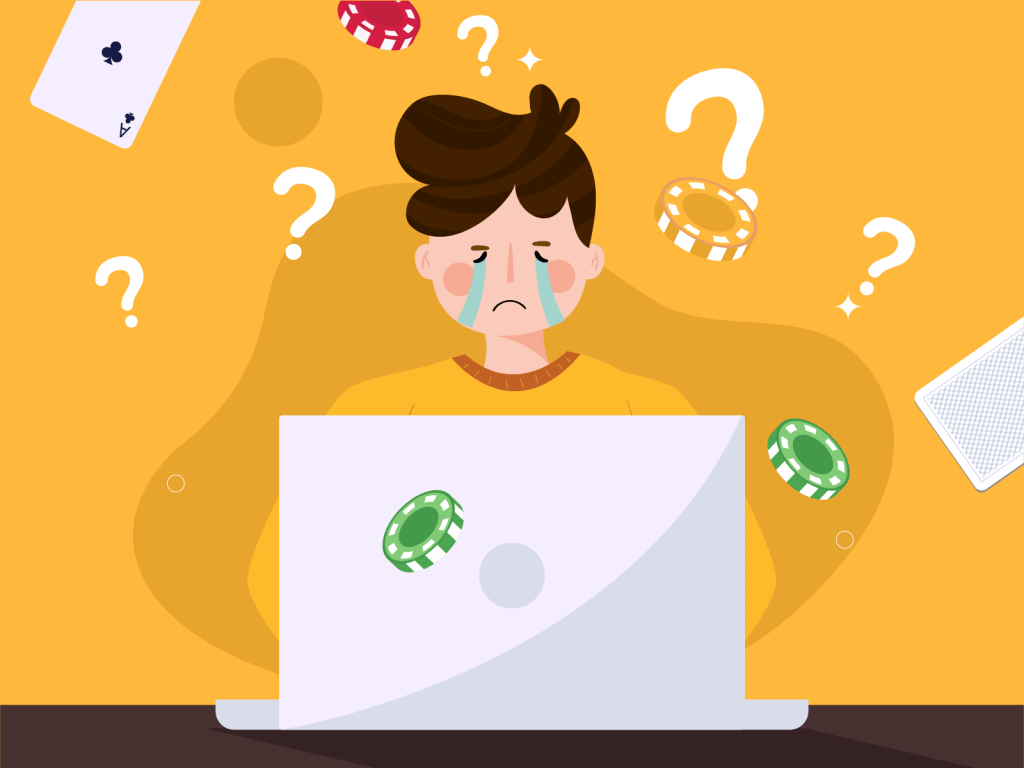
The virtual felt offers new possibilities—and risks—for poker players. While cheating methods such as marked cards vanish online, tech-savvy scammers have developed other strategies.
Collusion and Card Sharing in Online Rooms
Online collusion is much easier to implement. Friends can join the same table and communicate via private chat or calls, sharing their cards and collaborating on hand strategy. This can be especially damaging in tournaments and cash games on smaller sites. If you consistently see the same group playing together and making mathematically suspicious plays, report it to site support. Poker operators have access to hand histories and will investigate credible complaints.
Bot Rings and Automated Play

A poker bot is an AI-powered program that can play hands without human intervention. Some bots even learn and adjust strategies on the fly, making them dangerous opponents that never grow tired or tilt. These bots can farm low-stakes or mid-stakes tables for profit, ruining the game’s integrity. Most poker sites actively scan for irregular patterns suggesting automation, but staying aware of the signs—unrealistic non-stop play or robotic decision-making—helps keep you alert.
Ghosting at Key Tournament Moments
Ghosting occurs when a different person, often a more skilled player, takes over an account to play important hands, typically when the stakes rise or at a tournament final table. This is tough to detect unless the operator can confirm a change in location, login, or device. If an opponent’s play style abruptly changes from beginner to expert, remain cautious and focus on fundamentally sound poker instead of relying solely on past reads.
Infamous Real-World Poker Cheating Scandals
Poker’s rich history is dotted with both exposed and undetected cheating incidents. Some scams have become infamous:
Ultimate Bet and Absolute Poker: Online Super-User Abuse
These two sister sites were embroiled in massive mid-2000s scandals. Employees or insiders gained access to “super-user” accounts, allowing them to see all other players’ hole cards in real-time. This made perfect play possible, and the cheaters made millions until a series of user-led investigations broke the story.
Investigators found inexplicable decisions and patterns, and internal files eventually confirmed the cheating, leading to restitution for players but limited criminal consequences. One notorious figure, Russ Hamilton, openly admitted cheating, profiting over $15 million and showing no sign of remorse.
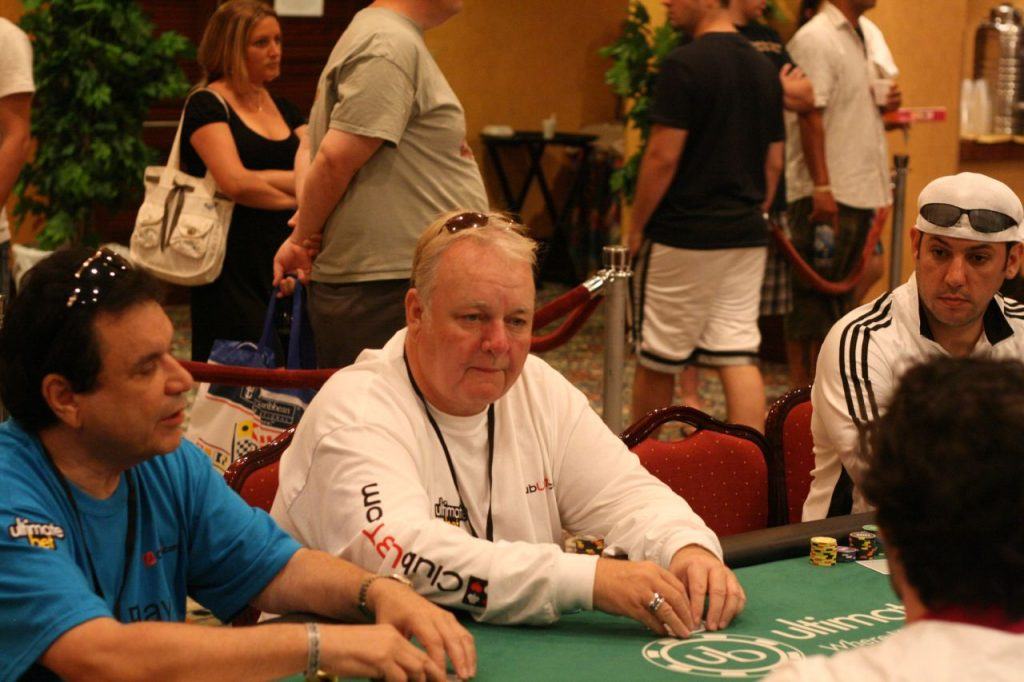
Russ Hamilton openly admitted to cheating players. [Image: Wikimedia Commons]
Borgata Open: The Counterfeit Chip Scandal
In 2014, tournament player Christian Lusardi smuggled large quantities of fake chips into the Borgata Poker Open, adding them to his stack to unfairly boost his chances. He was confronted after tournament organizers detected over $800,000 in counterfeit chips in the pool, ultimately leading to his arrest. The chips were infamously discovered clogging Lusardi’s hotel toilet. The event was canceled and affected players were reimbursed.

There’s only so much evidence you can flush down a toilet. [Image: 6abc.com via News]
World Series of Poker: Card Marking Controversy
During the 2015 WSOP $10,000 Heads Up Championship, players accused Valeriu Coca—who was already banned from some European casinos for card marking—of cheating. Suspicious behavior and erratic decisions fueled the rumors, but after an official investigation, no physical evidence of marked cards or cheating was found.
Partouche Poker Tour: Final Table Collusion
The 2009 Partouche Poker Tour was rocked by evidence that players Cedric Rossi and Jean-Paul Pasqualini used a coded signaling system throughout the final table. Caught on video systematically avoiding each other’s strong hands, they claimed the top prizes. Despite community outcry and removal from the Global Poker Index rankings, their winnings were not confiscated, and tournament organizers declined to take further action.
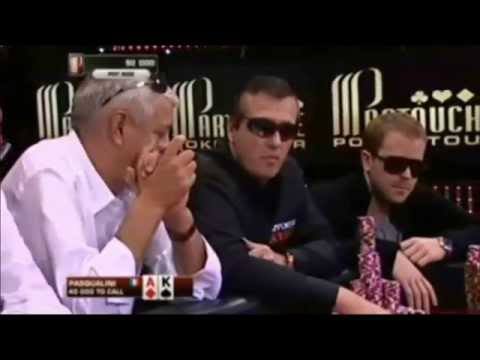
Pasqualini and Rossi kept their prizes despite widespread controversy. [Image: YouTube]
Postlegate: Technology Aids Live Cheating
The “Mike Postle scandal” is one of the most notorious modern examples of cheating in streamed live cash games. Postle, a regular at Stones Gambling Hall, gained attention for an uncanny string of successful plays and incredible reads. Poker fans and professionals pored over hundreds of hours of footage, suspecting that Postle was receiving opponents’ hole card information via phone or wearable device. Internal investigations did not find conclusive proof, and lawsuits were dismissed, but the episode is now a warning of technology’s role in evolving poker scams.
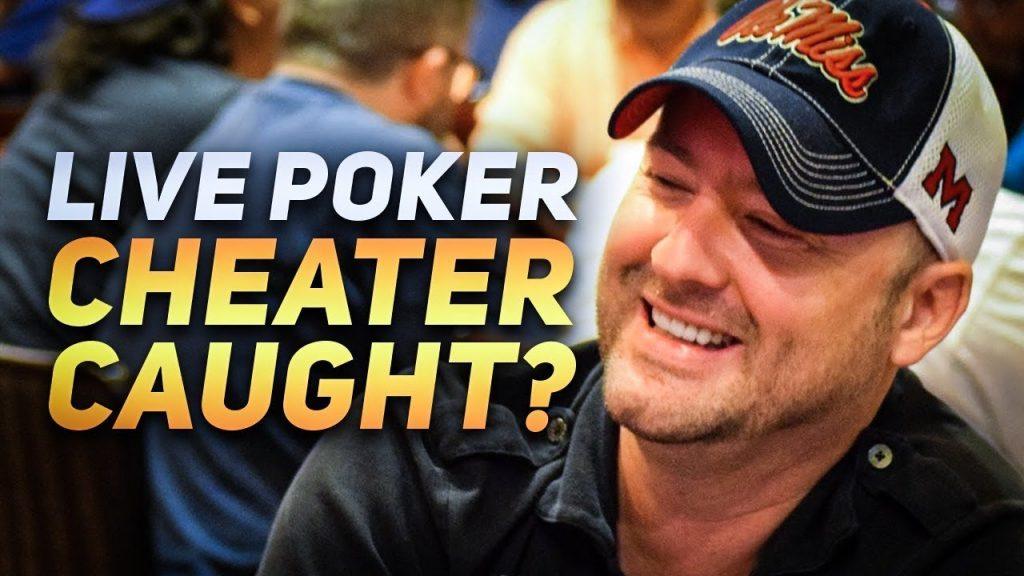
Image: YouTube
How to Protect Yourself: Smart Tips for Avoiding Poker Cheats
Staying safe in poker is about sensible caution, not paranoia. Here are proven ways to protect yourself:
– Favor licensed casinos or trusted online poker rooms over private or unregulated games.
– Pay attention to unusual patterns or improbable runs of luck—especially involving the same players or weird partnerships.
– In a new home game or online room, observe before playing large amounts or high-stakes hands.
– If you notice something suspicious, inform casino staff or customer support as soon as possible. In online rooms, always use the official reporting tools.
– Don’t ignore your instincts—if a situation feels off or unfair, leave the table rather than risk your chips.
Remember: most players are honest, and streaks of bad luck happen to everyone. But a little knowledge about common cheating methods empowers you to confidently enjoy poker—minus the tricks.
And if you want to “cheat” a little, stick to legal resources like poker strategy charts and cheat sheets to sharpen your game—these tools are happily permitted at most tables!








